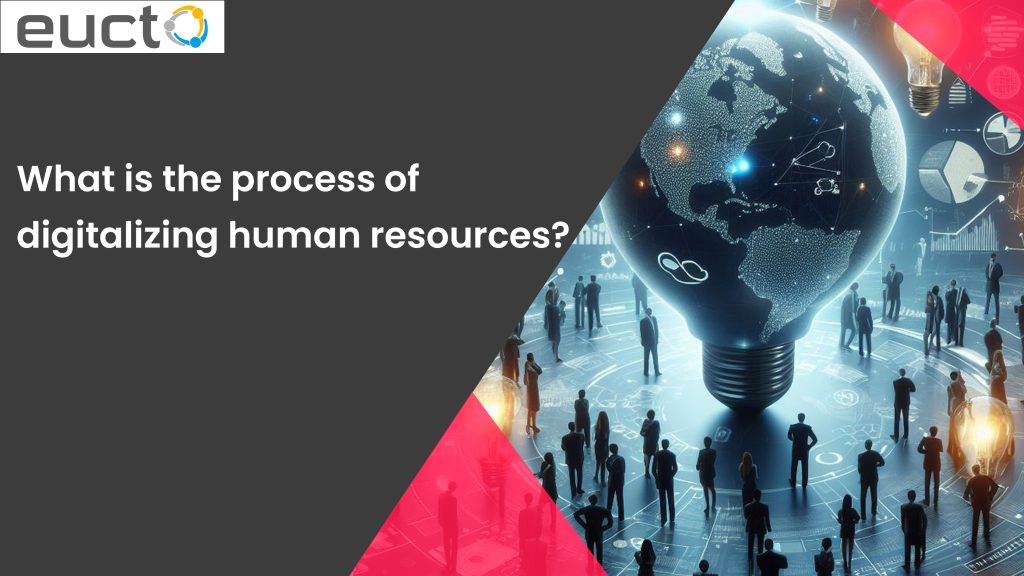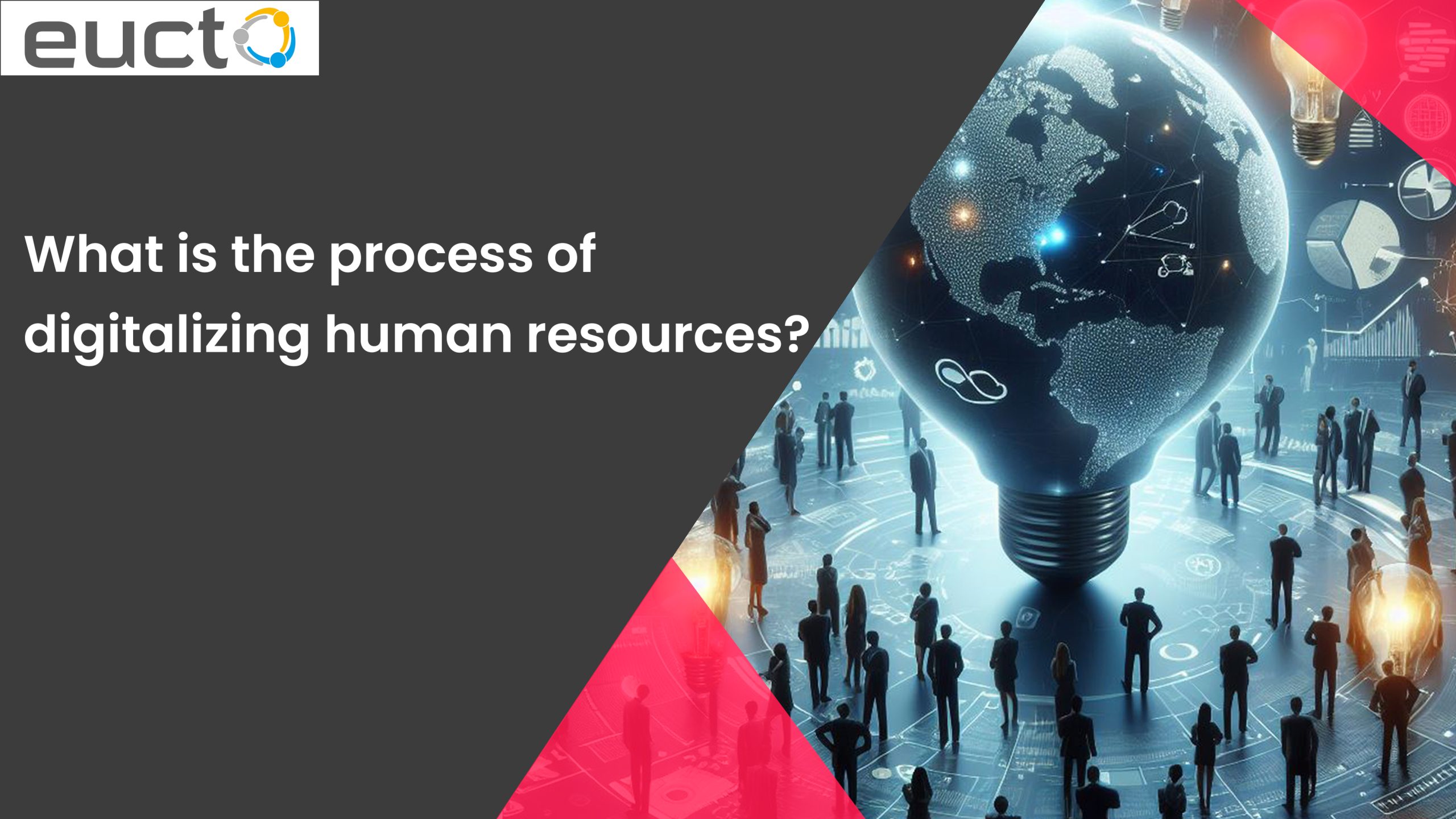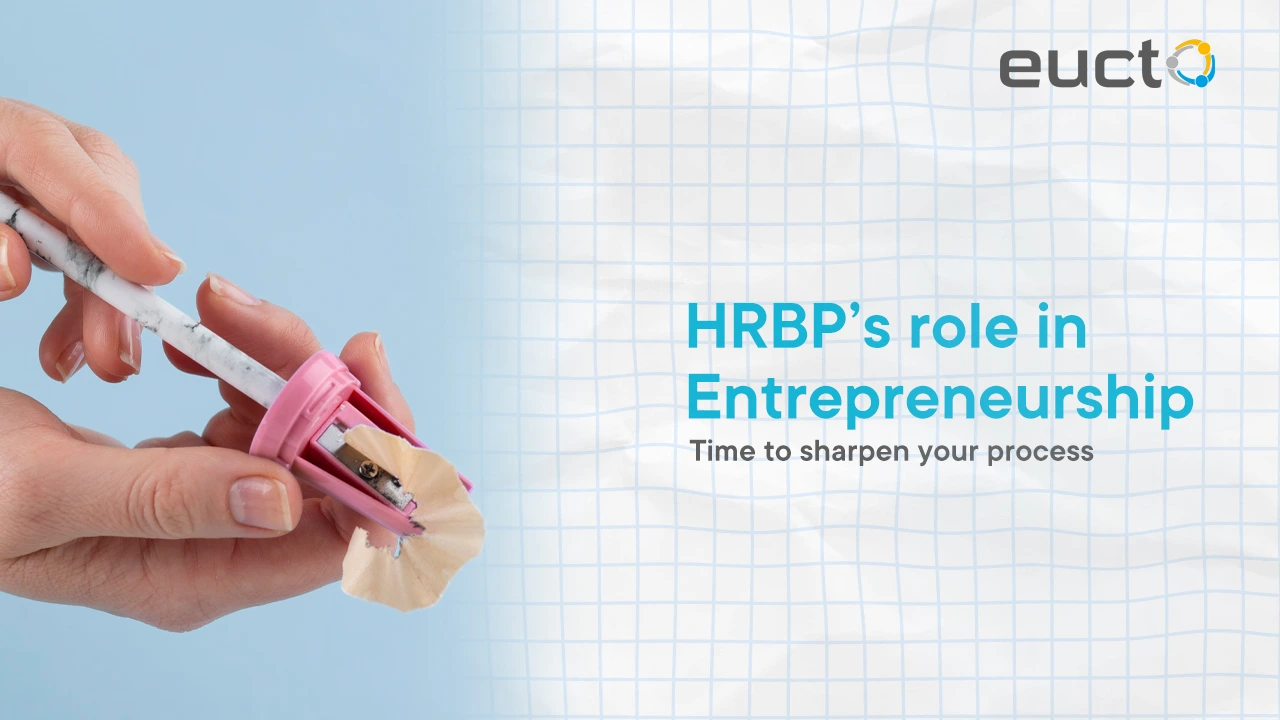What is the process of digitalizing human resources?

The field of human resources (HR) is undergoing a profound digital transformation. Many routine administrative and transactional HR tasks are now being digitized and automated through various software solutions. While digitalization necessitates some workforce changes, it provides new opportunities to evolve HR into a more strategic asset focused on the holistic employee experience. By leveraging data analytics and AI-driven insights, HR professionals can better understand employee needs and preferences, leading to improved talent acquisition, retention, and development strategies. For example, a digital marketing agency in Chennai may find value in HR technologies that streamline recruitment processes or enhance employee engagement initiatives, ultimately contributing to a more efficient and productive workforce.
Why Digitalize HR Processes?
Several driving forces are propelling HR’s shift to digital. Technology continues advancing alongside younger, digital-native employees entering the workforce who expect seamless digital experiences similar to their consumer lives. Simultaneously, globalization and remote work trends are dispersing employees while also introducing new HR complexities.
Digitalization enables HR groups to centralize data, scale operations, and generate valuable workforce insights from analytics. It also minimizes manual errors from paper filing and streamlines compliance. Transitioning to digital HR systems is no longer an option but an imperative to remain competitive.
Digital HR Transformation Steps:
Transitioning core HR functions into integrated digital systems involves systematic changes including:
1. Choosing HR Software Platform: Selecting configurable software-as-a-service tools covering essential HR capabilities like core records, payroll, benefits, performance management, learning and more. Top options include Workday, SuccessFactors, ADP, Gusto, BambooHR and Oracle.
2. Centralizing Employee Data: Building a unified HR database for all employee records, profiles and documentation digitally versus traditional physical personnel files. This single version of truth about the workforce enables analysis.
3. Automating Transactions: Digitizing and applying workflow automation across high volume employee lifecycle events and transactions including hiring, onboarding, promotions, offboarding. Self-service portals play a key role.
4. Launching Chatbots: Utilizing conversational AI interfaces to handle routine employee inquiries about payroll, time-off, policies etc. quickly and consistently 24/7/365.
5. Administering Mobile Access: Making HR systems easily accessible to employees and managers via mobile apps for popular platforms to facilitate usage on-the-go.
6. Upgrading Metrics & Analytics: Generating expanded workforce analytics reports, HR metrics dashboards and predictive modeling of employee data to derive new operational insights.
While the tools are still evolving, HR has reached a tipping point inevitability toward comprehensive digitalization.
Impacts on the HR Function :
This digitally-driven metamorphosis directly impacts HR roles. Many repetitive administrative tasks get absorbed into technology, enabling HR staff to focus on more value-adding initiatives. Data analytics also becomes increasingly vital. HR needs both left-brain tech-savvy specialists to manage systems and right-brain creative generalists to drive employee engagement on the ground floor. Rather than be displaced, smart HR leaders can upskill, augment capabilities and cement influence as holistic employee experience architects. They can finally escape legacy reputation as paper pushers to innovate as true strategic partners.
The Road Ahead:
Digitalization provides HR with technologies to keep pace with the speed of business. While adaptation may not be effortless, digital HR systems enable people-first organizations that nurture talent anywhere while maximizing efficiency. So despite valid growing pains in areas like data transparency, the digital evolution in human resources promises to be genuinely transformative. As this transformation continues, HR’s future seems headed in two convergent directions. Specialized HR operations engineers will architect infrastructure for seamless systemic experiences. Parallel people-focused HR humanists will cultivate connectedness, culture and the intrinsic sublime realities that quantify people. Through friendly frontier diplomacy, these two worlds can coexist to humanize HR’s digital frontier.
Related Posts
HR Business Partner’s role in Entrepreneurship
Entrepreneurs often identify a specific target audience, believing it to be the ideal market. However, when crises emerge, seeking external assistance becomes imperative. This is where an HR Business Partner (HRBP) becomes instrumental. An HRBP formulates strategies aligning with the organization’s goals and the entrepreneur’s vision. To achieve thi
Revamping of HRBPs
HR Business Partner An HR business partner is an experienced human resource professional who works directly with an organization’s senior leadership to develop and direct strategies that support the organization’s vision and goals. The HR business partner should make sure that the HR strategy is in flow with the organization’s overall business strategy, e
Do you need an HR Business Partner?
If you need an increase in your organisation’s productivity level, then, yes. HR Business Partner are your business partners with the integrity, learnings and capabilities of the HR. Their main aim is to connect your organisation’s goal with your employees’ performance which would lead to customer satisfaction. They do this by associating with the line ma
Automating makes HR activities effective and constructive
We understand the critical importance of Human Resources (HR). However, have you considered the benefits of automating HR administration processes, allowing you to focus more on strategic initiatives and decision-making? In the realm of






Leave a Reply